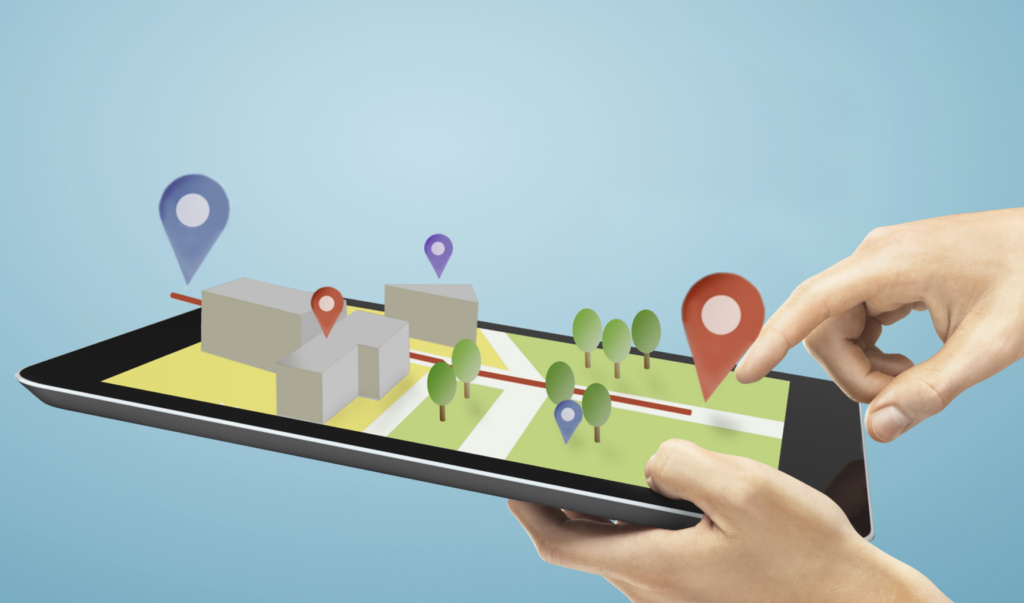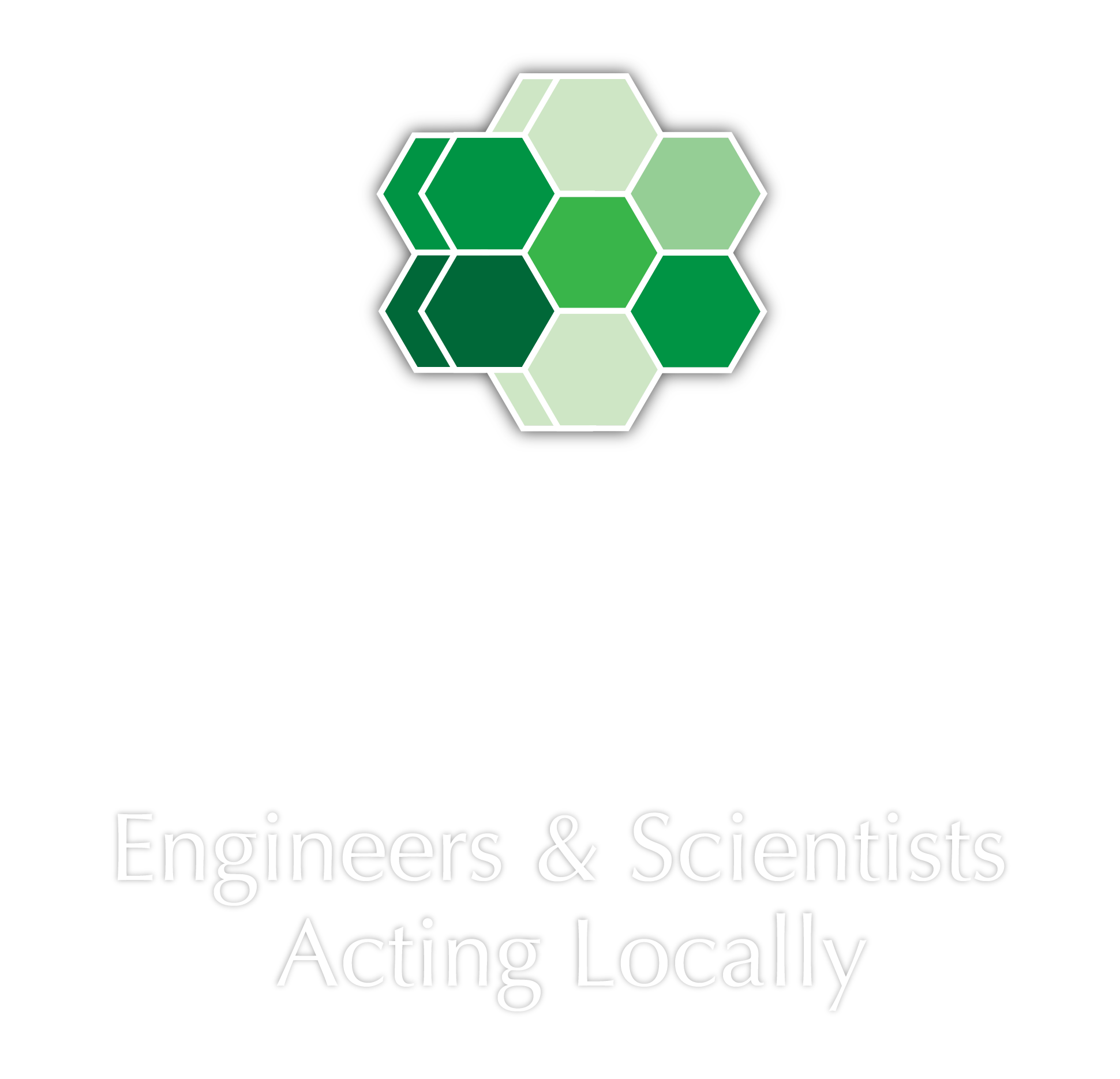ESAL interviewed Louis Abramson, an astrophysicist and current Carnegie Fellow in Astronomy at the Carnegie Observatories. He helps tackle problems related to homelessness and food relief in Los Angeles, as an elected member of the Central Hollywood Neighborhood Council.



